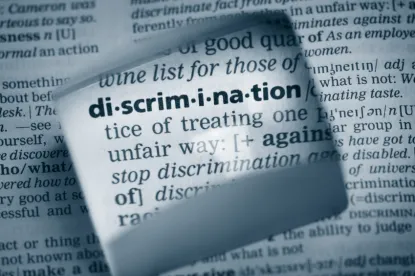Why This Matters
Earlier this month, the U.S. Supreme Court unanimously ruled in Fort Bend County v. Davis. The message received loud and clear for employers is that timing is everything when it comes to discrimination cases and the use of claim-processing rules, embedded in Title VII, as an affirmative defense. Employers would be well served to ‘watch the clock’ and avoid losing the opportunity to receive an early dismissal. The Court ruled that federal courts can hear discrimination claims under Title VII of the Civil Rights Act if employers do not timely raise the defense that workers failed to first file a charge with the U.S. Equal Employment Opportunity Commission (“EEOC”) or state enforcement agencies, as Title VII requires, before filing suit in federal court. Title VII is a federal law that prohibits employers from discriminating against employees on the basis of sex, race, color, national origin, or religion.
Background
Justice Ruth Bader Ginsburg, writing on behalf of the Court and affirming an appellate court ruling, held that courts need not dismiss workers’ lawsuits if they bring Title VII claims in court without first filing a charge with the EEOC. In light of the Supreme Court’s decision, an employer faced with a Title VII lawsuit brought by an employee should quickly determine whether the employee first filed a charge with the EEOC and/or a state enforcement agency. If not, the employer should timely bring the employee’s failure to do so to the court’s attention.
As of now, the Fort Bend County decision does not apply to cases filed under state non-discrimination laws and filed in state court. For example, prior to filing any such cases in California, employees must file a charge with the state’s Department of Fair Employment and Housing (“DFEH”). State courts, however, may adopt the Supreme Court’s reasoning in Fort Bend County. That remains to be seen.





 />i
/>i
